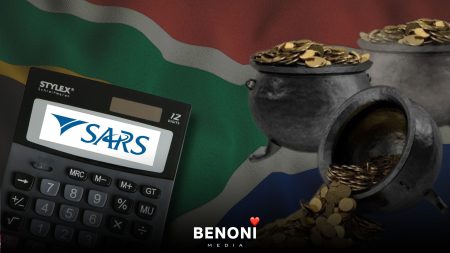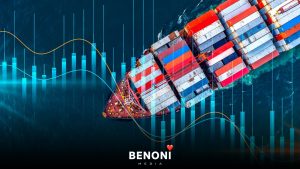Introduction:
In the ongoing effort to enhance revenue collection, the South African Revenue Service (SARS) has successfully leveraged artificial intelligence (AI) and proactive strategies, reclaiming an impressive R210 billion during the current tax year. This accomplishment comes amidst a challenging economic landscape marked by job losses and inflationary pressures.
Factors Influencing Debt Recovery:
SARS Commissioner, Edward Kieswetter, attributes the success to a combination of AI utilisation and proactive measures. He emphasises the impact of economic conditions on compliance behaviour, noting that during prosperous times, people are more inclined to meet their SARS obligations. However, in the face of economic hardships and job losses, individuals tend to prioritise spending, affecting their ability to settle debts.
Debt Propensity Modeling:
One of the key AI applications employed by SARS is debt propensity modelling. Kieswetter explains that machine learning algorithms sift through extensive data to identify cases with the highest likelihood of debt recovery. This targeted approach allows SARS to allocate resources efficiently, focusing on entities where recovery is most probable.
VAT Refunds and Collections:
Despite an overall increase in SARS debt, VAT refunds have surged by 12%, surpassing the 5.5% growth in VAT collections. Kieswetter underscores the significance of VAT refund management, highlighting that SARS prevented R34 billion of impermissible/fraudulent VAT returns by the end of January.

Key Interventions and Recoveries:
As of January 31, the breakdown of the R210 billion recovery includes:
- AI/Debt Propensity Algorithms (R70 billion): Closure of almost 2.1 million debt cases, issuance of over 100,000 final demand letters, and nearly 24,000 civil judgments.
- Data Science (R67 billion): Evaluation of 14 million tax and company returns, with 1.5 million flagged as high risk; engagement with taxpayers resulted in final verifications.
- Refund Risk Management (R57 billion): Prevention of fraudulent or impermissible VAT returns, with R34 billion stopped by the end of January.
- Customs Fraud Prevention (R9 billion): Detection and prevention of customs fraud related to illegal goods importation or undervaluation; seizure of 5,500 instances, valued at R5.1 billion.
- Illicit Trade Interventions (R5 billion): Recovery from 850 interventions in illicit trade, leading to 550 detentions and 160 seizures.
Conclusion:
SARS’ strategic use of AI, combined with proactive interventions, has not only boosted revenue recovery but also facilitated targeted actions in key areas, contributing to the overall financial health of the institution.








